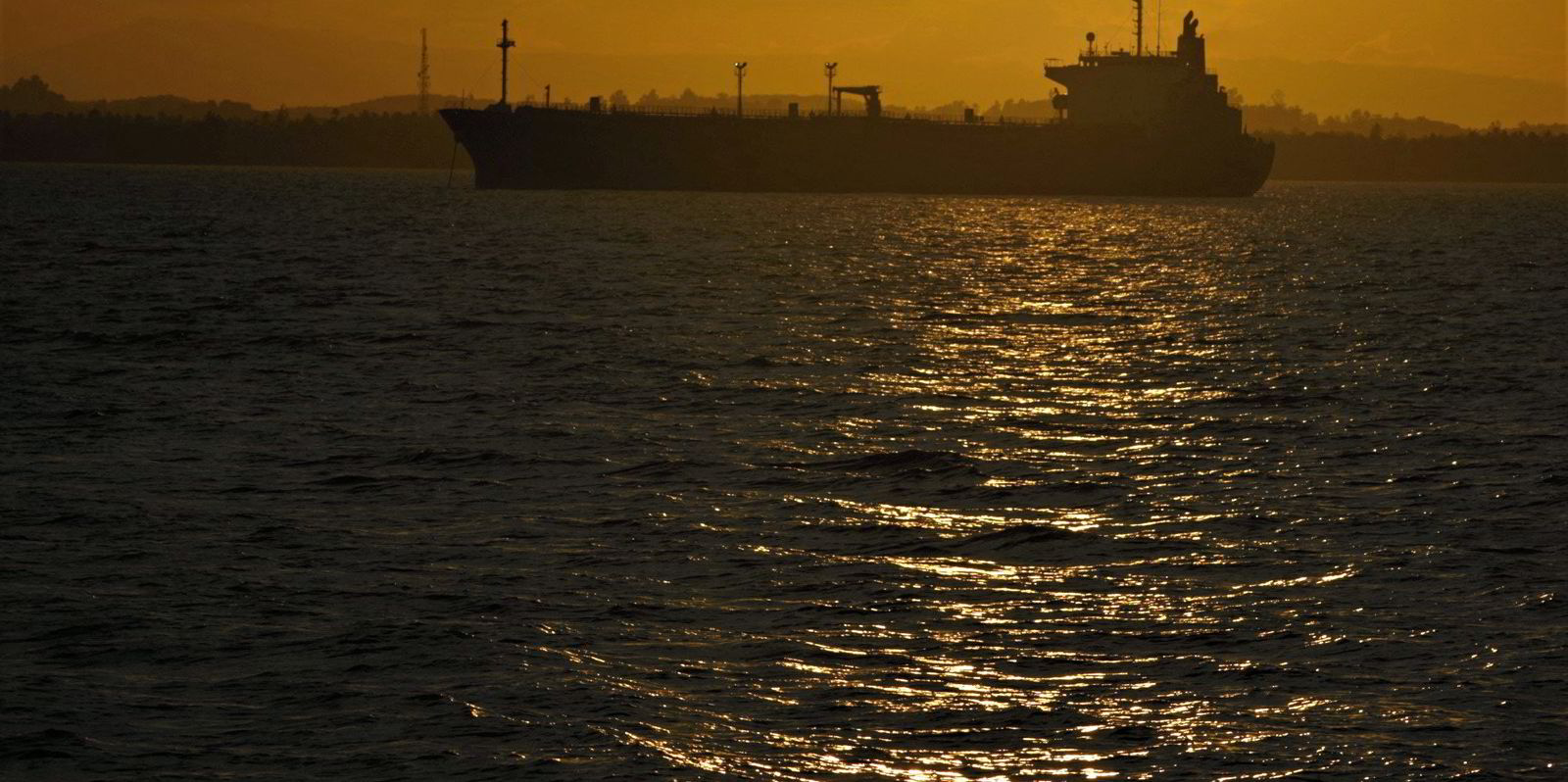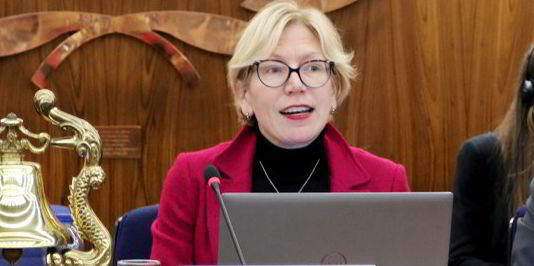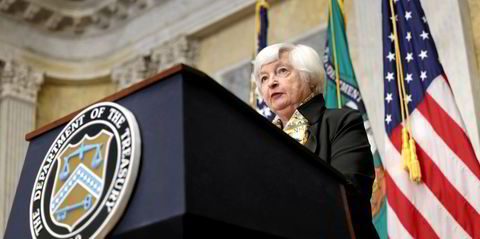A growing fleet of more than 100 “falsely flagged” vessels poses a grave problem to the international system of rules designed to ensure safe and legal shipping, the International Maritime Organization heard on Wednesday.
Fraudulently registered vessels have been linked with ship-to-ship transfers of illegal cargo, the switching off of AIS and the breaking of sanctions, and maritime authorities are often powerless to tackle the problem, a committee was told.
The abuse of the IMO’s regulatory regime has seen ships using faked documents to suggest they are flagged with a bona fide registry or using one of the increasing number of fictitious registries that fail to carry out checks on vessels and their owners.
Canada’s Gillian Grant, chair of the IMO’s legal committee, said the issue is “clearly a grave problem that goes to the heart of the regulatory regime”.
The issue emerged in 2015 when two ships involved in a smuggling operation were found to be carrying fake registration papers stating the Democratic Republic of the Congo (DRC). The subsequent investigation found only 11 of 84 vessels were legitimately flagged with the DRC.
The ships currently listed by the IMO include vessels ranging from crude carriers to fishing boats that falsely claim to be registered with 18 different national registries.
They include a VLCC that was identified this year hauling Iranian oil for delivery to a refinery in China.
The 299,000-dwt Roma (built 2000) loaded crude from Kharg Island, Iran, with its AIS transponder turned on, according to United Against Nuclear Iran, which tracks tankers that breach US sanctions on Iran.
It said foreign-flag vessels typically turn off their AIS to disguise where they are loading to avoid potential legal and financial problems with the US authorities.
The Roma is listed as falsely flagged under the Comoros registry. The owner is Karo Shipping Services, according to Equasis, which is registered in the Marshall Islands. The vessel is commercially managed by Valiant Marine Services of the United Arab Emirates. Contact details were not immediately available for either company.

China wants to set up a dedicated database to track fraudulently registered ships and fake registries. The plan was broadly backed, but the US called for more information, including on the beneficial ownership of ships.
Mark Krzyzak of S&P Global, which manages the IMO numbering scheme for companies and databases, said it is difficult, expensive and sometimes impossible to get details of the people behind the companies.
He said falsely flagged vessels operate in areas with weak port state control, to avoid inspection and potential detention.
“With one or two exceptions, none of these vessels have recently been inspected,” he said.
The Paris MoU on Port State Control said only 12 of more than 100 ships called at a port of one of its 27 national members in the past five years. An official said the Paris MoU struggled to secure information from registries that could have allowed ports to detain vessels.
Officials also questioned the will of flag states to crack down on practices after a poor response to a survey by the World Maritime University to assess the scale of the problem.
It contacted 175 registries, but only 31 — representing less than one-quarter of the world’s fleet — responded to a questionnaire.





